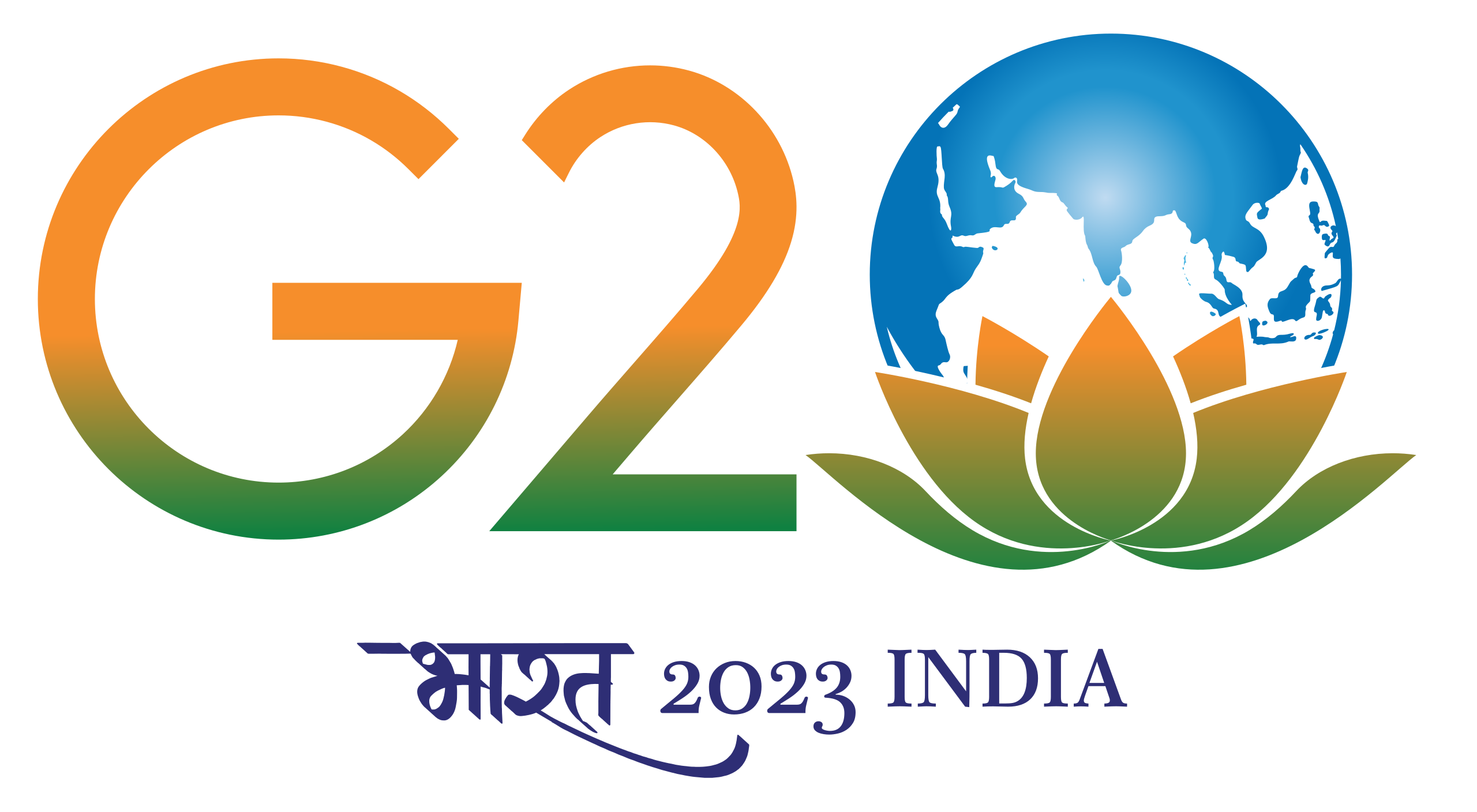Vineeth Paleri

Vineeth Paleri
Professor
Office Address:
CSE 201C Department of Computer Science and Engineering National Institute of Technology Calicut Kerala - 673601, INDIA
PhD. Indian Institute of Science, Bangalore, 2000
MTech. Indian Institute of Technology Kanpur, 1986
BSc(Engg). Regional Engineering College Calicut, 1981
Educational Qualifications
-
PhD. Indian Institute of Science, Bangalore, 2000
-
MTech. Indian Institute of Technology Kanpur, 1986
-
BSc(Engg). Regional Engineering College Calicut, 1981
Journals
2019
Babu, J, Krishnan KM, Paleri V. 2019. A fix-point characterization of Herbrand equivalence of expressions in data flow frameworks. ICLA 2019. :160-172., Berlin: Springer
2014
Saleena, N, Paleri VK. 2014. A Simple Algorithm for Global Value Numbering, 09/16. :arXiv:1303.1880v2., Calicut: National Institute of Technology gvn.pdf
Saleena, N, Paleri VK. 2014. Global Value Numbering for Redundancy Detection: A Simple and Efficient Algorithm. Proceedings of the 29th Annual ACM Symposium on Applied Computing. :1609-1611., Korea: ACM
2003
Paleri, VK, Srikant YN, Shankar P. 2003. Partial redundancy elimination: a simple, pragmatic, and provably correct algorithm. Sci. Comput. Program.. 48:1-20., Number 1 AbstractWebsite
2002
Paleri, VK. 2002. Automatic Generation of Code Optimizers from Formal Specifications. The Compiler Design Handbook. :61-97. Abstract
1998
Paleri, VK, Srikant YN, Shankar P. 1998. A Simple Algorithm for Partial Redundancy Elimination. SIGPLAN Notices. 33:35-43., Number 12 AbstractWebsite
Research Interest
Programming, Programming Languages, and Compilers
General Interest
Research
Area of interest: Programming, Programming languages, and Compilers.
Classes
Foundations of Programming
Semester: Monsoon
Offered: 2020
NIT Calicut
CS4022 Principles of Programming Languages
Semester: Winter
Offered: 2020
NIT Calicut
CS6102 Compiler Design
Semester: Monsoon
Offered: 2018
NIT Calicut
CS6124 Topics in Programming Languages
Semester: Winter
Offered: 2017
NIT Calicut
CS406 Software Engineering
Semester: Winter
Offered: 2003
Purdue University
Presentations
The Computing Discipline, UGC Online, Mon, 06/06/2011:
(Abstract)
Computing is a broad discipline that crosses the boundaries between mathematics, science, engineering, and business. This presentation provides a perspective for those who need to understand what the major computing disciplines are, and how they compare and complement each other.
Automatic Generation of Code Generators, IUPUI, USA, Fri, 02/15/2002:
(Abstract)
Here we present the development of a code transformation system, specifically for scalar transformations, which can be used either as a tool to assist the generation of code transformers or as an environment for experimentation with code transformations. The code transformation system provides an environment in which one can specify a tranformation using dependence relations(in the specification language we have designed), generate code for a transformer from its specification, and experiment with the generated transformers on real-world progrms.
Programming Methodology, Arbitron India, Info Park, Kochi
(Abstract)
Programming began as an art, and even today most people learn only by watching others perform and through habit, with little direction as to the principles involved. Teaching programming means explaining problem solving ideas, teaching orderly thinking, getting across a sense of simplicity, elegance, and style. reliable programs are no more a luxury in many critical areas. Here we stress the need for conscious application of programming principles, especially for reliable software.
Google Scholar
DBLP

